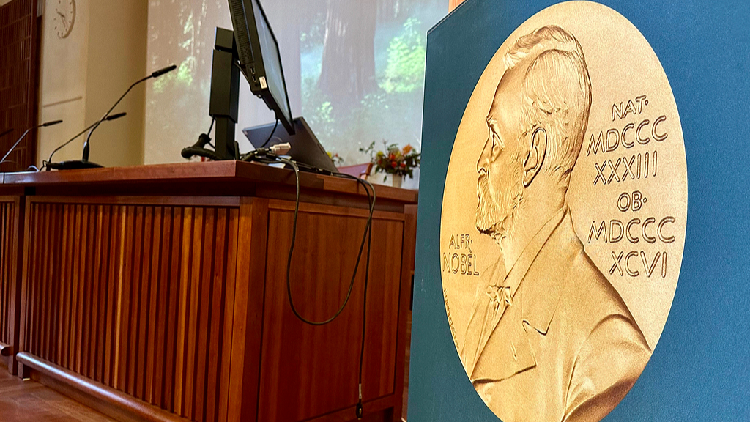Nobel Prize in Medicine Awarded to Victor Ambros, Gary Ruvkun
Victor Ambros and Gary Ruvkun have been awarded the Nobel Prize in Medicine for their groundbreaking contributions to the field. They have made significant strides in understanding the role of microRNAs in gene regulation, which has far-reaching implications for medical research and treatments. Their discoveries have opened new avenues for exploring the mechanisms underlying various diseases.

The Nobel Assembly noted that their discovery is "proving to be fundamentally important for how organisms develop and function."
Ambros carried out the research that led to the prize at Harvard University, although he currently teaches natural science at the University of Massachusetts Medical School. Ruvkun serves as a professor at Harvard Medical School and is affiliated with Massachusetts General Hospital in Boston.
Thomas Perlmann, secretary of the Nobel committee for physiology, mentioned that he reached Ruvkun by phone, calling him early in the morning, and reported that Ruvkun was happy and "very enthusiastic." Perlmann had not yet been able to contact Ambros at that time.
In the late 1980s, both Ambros and Ruvkun conducted postdoctoral studies in the lab of Robert Horvitz, a Nobel laureate from 2002, where they investigated a 1-millimeter-long roundworm.
Their research revealed that specific microRNAs in the roundworm play a crucial role in regulating organ growth, a function that was initially thought to be limited to that particular species.
Subsequent research published by Ruvkun’s group in 2000 indicated that this mechanism has been essential to all animal life for over 500 million years.
MicroRNA is involved when single-strand messenger RNA, the focus of last year's Nobel Prize in medicine, is interpreted and utilized to produce proteins, which are the fundamental components of all human and animal life.
Messenger RNA, or mRNA, is derived from the universal blueprint found in every cell nucleus, namely the double-helix DNA.
As with every year, the physiology or medicine prize is the first to be announced among Nobel prizes, which are widely regarded as the most prestigious awards in the scientific community. The remaining five prizes will be revealed in the upcoming days.
Established by the will of Swedish inventor and businessman Alfred Nobel, the prizes have recognized significant achievements in science, literature, and peace since 1901, with economics being a more recent addition.
Sanya Singh for TROIB News
Discover more Science and Technology news updates in TROIB Sci-Tech












